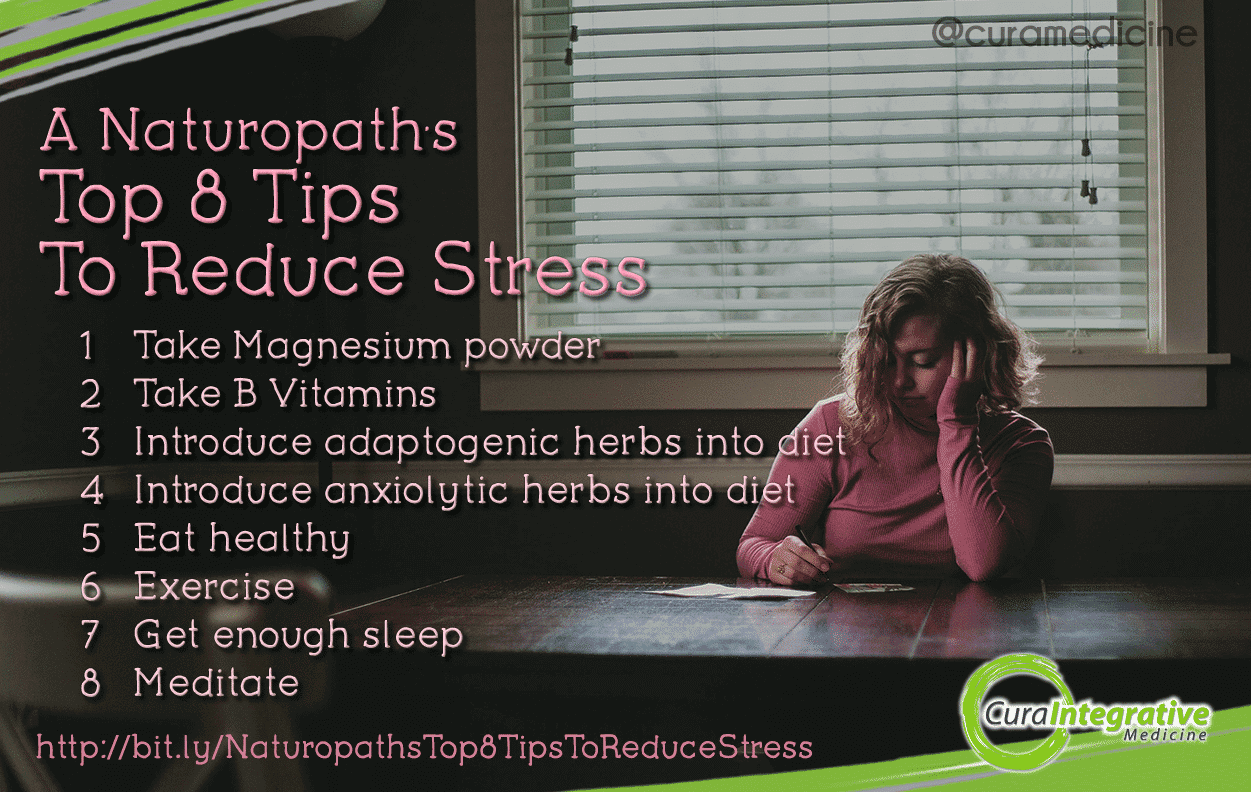Koji is a less known superfood found in a variety of macrobiotic foods. Containing Aspergillus oryzae, koji is used to make foods such as miso, amazaki and tamari. Read More…

A Naturopath’s Top 8 Tips To Reduce Stress
Posted 7 Aug '16
Stress has a much greater impact on your overall health than you think. Since stress response is a coping mechanism for the human body to an external threat, being under constant stress, whether from work, family or financial pressures, could lead you to be in a permanent state of emergency. Increased amounts of chemical messengers, adrenaline, cortisol, and noradrenaline are being released by the adrenal glands.
Stress could lead to:
- Poor digestion – including bloating, abdominal pain, and reflux.
- Poor blood sugar control – Cortisol signals the release of sugars, and these sugar spikes can lead to weight gain if they are not utilised as muscle fuel, and instead, converted into fat.
- Hormonal imbalances – Irregular menstruation, fertility problems, lack of libido – these can arise when the body switches to releasing stress hormones instead of sex hormones. They can even contribute to autoimmune conditions like hashimoto’s disease.
We can’t avoid stress completely but we can definitely manage it well. How can you reduce your stress naturally?
Here are the Top 8 Tips To Reduce It
- Take Magnesium powder: These are really the best forms – Biomedica MagFx or metagenics Fibroplex
- Take B Vitamins: Activated forms are best such as methyl tetrahydrafolate (MTHFR factor) instead of folic acid.
- Introduce adaptogenic herbs: Withania, Rehmannia, Rhodiola. They may help by increasing the body’s physical and mental capacity to cope with stress.
- Introduce anxiolytic herbs: Passionflower, Zizyphus, Magnolia. They help reduce feelings of anxiety and promote restful sleep due to their sedative and calming effects.
- Ensure you are eating healthy: Lean proteins, antioxidant-rich fresh fruits and vegetables, and essential fatty acids from oily fish, nuts, and seeds.
- Do regular exercise: Exercise burn up excess adrenaline while releasing endorphins, which are “feel good” chemical messengers.
- Get enough sleep: Adults need seven to eight hours of sleep. Avoid TV or computer time for at least half an hour before going to bed. And skip the afternoon caffeine.
- Do meditation daily: This is particularly helpful if you have trouble “switching off” your brain. Numerous techniques to help calm an overactive mind include transcendental meditation, mindfulness and creative visualisation.
Interested to learn more or get specific help? Get in touch and ask for some guidance.





